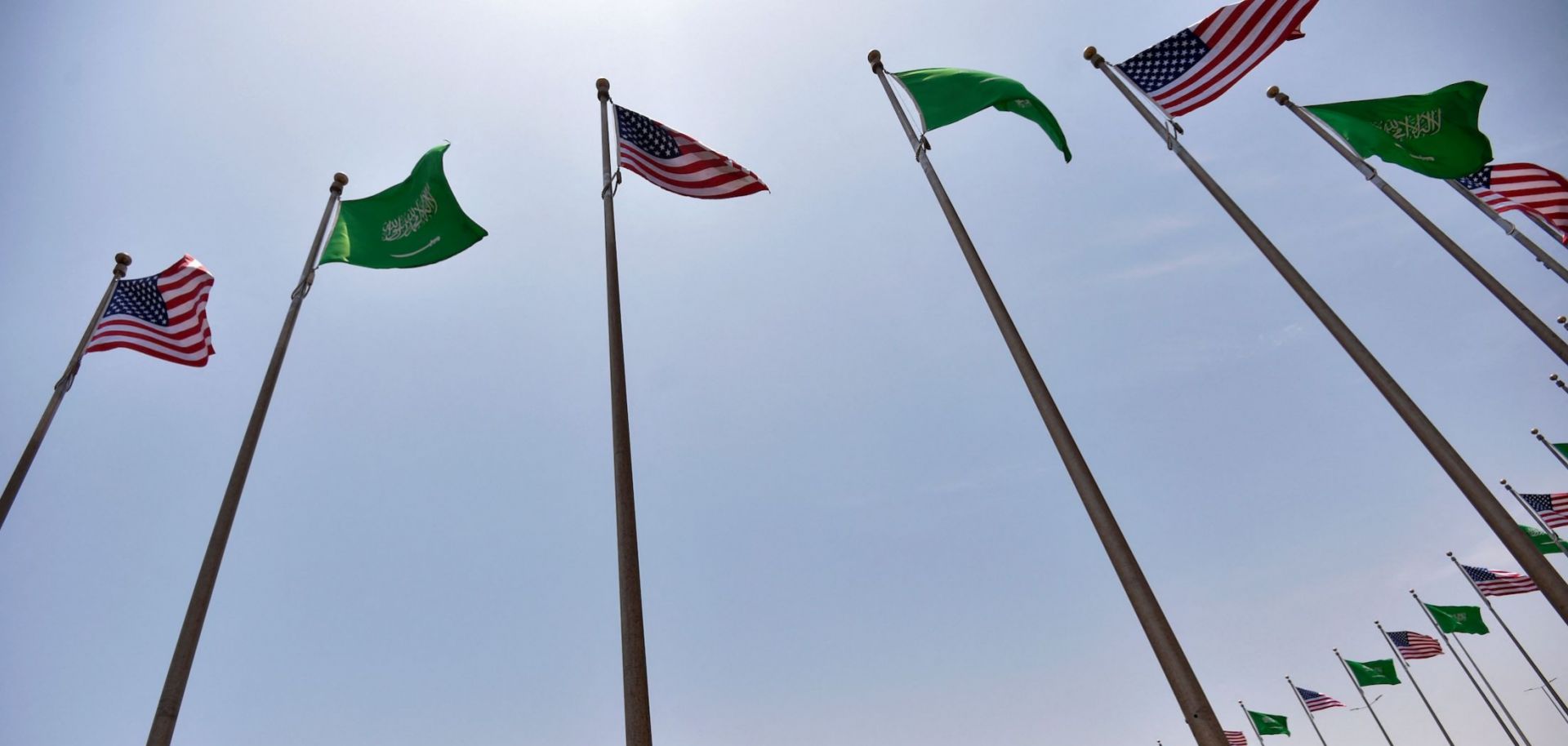To paraphrase the United Kingdom's long-serving Foreign Secretary Lord Palmerston, the United States and Saudi Arabia are not permanent friends. Instead, their relationship has always been anchored by temporary alignments, born of the geopolitics of the era. In the final days of World War II as the Cold War dawned, a simple enough compact was born between them: Saudi Arabia would provide oil to stabilize the global energy market in exchange for U.S. military protection from Soviet-backed rivals that sought to overthrow the monarchy. This was possible because the world was in a bipolar moment in which states were pressured either into the communist East or the capitalist West, with little wiggle room in between for militarily weak but economically important countries like Saudi Arabia. Even with the fall of the Soviet Union in 1991, the fundamentals of the compact remained the same: the Saudis gave oil, and the United...


